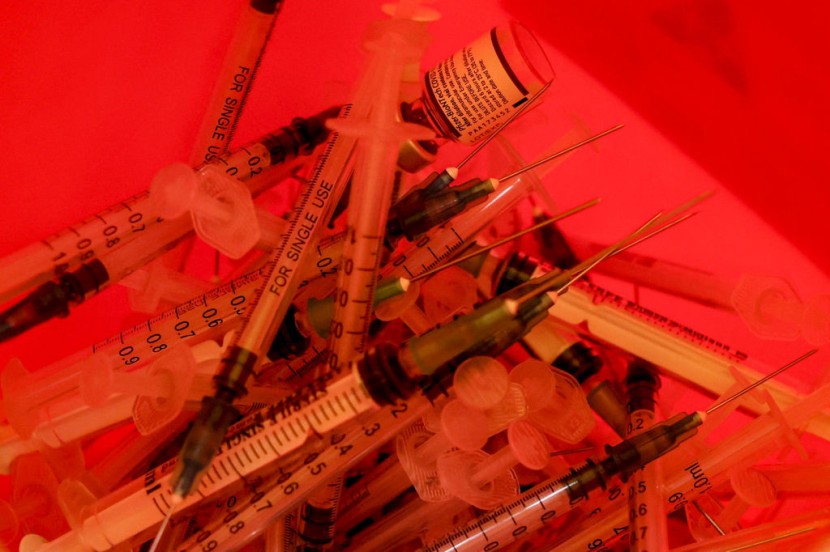
Immunity among patients who received the coronavirus vaccine manufactured by Pfizer was revealed to have had reduced immune protection against the infection after about two months from completion of the two-dose regimen, two real-world studies confirmed.
The studies were conducted by researchers from Israel and Qatar and were published in the New England Journal of Medicine. The results showed support for arguments that fully vaccinated individuals needed to be precautious against the coronavirus infection.
Waning Immunity Among Fully Vaccinated
The Israel study included 4,800 healthcare workers in its observations who showed dropping levels of antibody levels after two doses of the Pfizer vaccine. The researchers noted that the case was more prominent among males, people who were 65 years or older, and those with immunosuppression.
Sheba Medical Center's Dr. Gili Regev-Yochay and other members of the study said that they conducted the research among healthcare workers in their medical center. The Sheba Medical Center was a large tertiary medical center in Israel.
The researchers' study only observed the patients' antibody levels despite knowing that levels of so-called neutralizing antibodies, which are a person's first line of defense against infection, correlate with protection against the disease, CNN reported.
The studies found that six months after the second dose of the Pfizer vaccine, recipients began having decreased antibodies against the disease. Researchers around the world are trying to determine the critical threshold of antibodies that a person needs to combat the coronavirus infection.
The research is crucial for health officials to understand why breakthrough infections in individuals who are fully vaccinated against the coronavirus happen. Israel has given out recommendations to other countries to offer booster shots to protect potential victims of the waning antibody levels.
The United States is among those that will most likely follow Israeli's recommendations to better protect older people and other high-risk groups. Regev-Yochay said that it would be more surprising to see fewer breakthrough cases in the United States, the Straits Times reported.
Administering Booster Shots
The situation comes as the European Union's drugs regulator on Monday said that people who have weaker immune systems are urged to get a third coronavirus vaccine injection or booster shot. Health officials argued that member states had the authority to decide whether or not the wider population should be allowed to get a third shot.
The decision came after many EU member states moved forward with their own booster shot campaigns, pre-empting the European Medicines Agency's (EMA) opinion. However, the two sides have large disparities in their perspectives of who should be eligible for the booster shots.
The EMA noted that individuals suffering from severely weakened immune systems needed a third dose of the coronavirus vaccine to be able to fight against the disease. Their recommended timeframe is 28 days after the second dose of the Pfizer or Moderna vaccines, both of which are mRNA technology-based treatments.
Health officials warned that there were many treatments for cancer or organ transplant patients that suppressed their immune systems. This meant that these individuals were left with much less protection against the deadly coronavirus, Reuters reported.
Related Article:
© 2026 HNGN, All rights reserved. Do not reproduce without permission.








